Discussion of peace talks between Ukraine and Russia has until recently, among most Western governments, been considered something of a no-go area and a sign of wilting faith. Yet with hopes vanishing that any counter offensive will bring a decisive change in the war, and another, headline-monopolising conflict breaking out in Gaza, this taboo in the West looks set to be broken.
During a recent prank call to which she fell victim, Italian PM Giorgia Meloni probably spoke for many when she said there was ‘a lot of fatigue’ over Ukraine and that she herself had some ideas for finding ‘a way out’. Perhaps less remarkably, Hungarian PM Viktor Orban has insisted that Ukraine cannot win on the battlefield or defeat Russia, and that the EU should come up with a plan B for ending the conflict. Meanwhile, according to America’s NBC channel, US and European officials have begun ‘quietly talking to the Ukrainian government about what possible peace negotiations with Russia might entail’.
In general, the West is currently as divided as Putin could possibly wish
In Ukraine too, the unmentionable has been given an airing. With even Ukraine’s commander-in-chief General Zaluzhny admitting the war is at a stalemate, ex-presidential adviser Alexei Arestovich has – along with publicly declaring his readiness to stand for president in the next elections – argued that Ukrainians ‘need to make peace with Russia, we need peace negotiations but they must be fair.’
Yet Arestovich’s plan – proposing a ceasefire along the existing front line – will look very close to defeat for many. It also includes a promise from Ukraine, in exchange for Nato membership, not to use force to retake all the territories lost to Russia – about 20 per cent of the country. It’s a far cry from the all-out victory dreamt of a year ago.
All this ‘peace-making’ activity is largely addressed to the Ukrainian government – as though Zelensky, and not Putin, was the aggressor in this war. Perhaps it’s the very different rhetoric the leaders employ. The Ukrainian leader has repeatedly declared the central precondition for any diplomatic settlement to be restoration of Ukraine’s 1991 borders. Last autumn he issued a decree stating that negotiations with the Kremlin were ‘impossible’. Meanwhile Putin has cynically – not to say grotesquely – played the part of ‘dove’, claiming Russia is ready for peace talks any time the Ukrainians so desire.
This is pure disingenuousness on Putin’s part. He knows very well that for him, the advantages of continuing the war far outweigh any peace deal. None of the sanctions applied by the West have had their desired effect – that is, to cripple the Russian economy beyond repair.
Russia’s partnership with countries like China, India and Iran have kept the economy afloat, with the IMF in October upgrading its annual forecast for Russian GDP growth from 1.5 per cent to 2.2 per cent. Meanwhile, high oil prices have stabilised the ruble. Sanctions may have made certain items more expensive but, thanks to a ‘grey economy’, by no means impossible to get hold of. While prices are undeniably going up in Russia, Ukraine’s economy is – literally – in ruins. As the Russian proverb has it, ‘while the fat man gets thinner, the thin man starves to death’.
Meanwhile, for Putin, the political situation in Russia has rarely looked rosier. The only (controlled) opposition consists of figures like Grigory Yavlinsky, the founder of the Yabloko liberal party, and the Communist leader Gennady Zyuganov – both spineless, familiar faces. Two of the most virulent Putin critics since the war began, Igor Girkin and Yevgeny Prigozhin, have been neutralised, the former jailed for five years, the latter blown out of the sky.
The high-stakes political gamble of a further mobilisation is for the moment superfluous – according to Reuters, Russians are volunteering in sufficient numbers to fight in Putin’s armies. They’re snaffled, perhaps, by the thousands of stationary and mobile conscription points dotted nationwide. They’re routinely deployed in streets or squares for every public celebration, evidently in the hope that festivities – or just the drunkenness that comes along with them – will inspire those present to heroic exploits in ‘defence of the Motherland’.
As to the ammunition those soldiers will be firing, sanctions have, admittedly, put the kibosh on many high precision weapons, Yet Russia has significantly increased its output of missiles and drones, quite apart from the million or more shells North Korea has exported to the country since early August. The EU may have promised the same amount to Ukraine by next March but is falling hopelessly behind. It has only provided about 300,000 shells this year.
Thus Vladimir Putin’s claims of willingness to negotiate signify nothing beyond his desire to sow discord in the West. Since the beginning of the war (and long before it, many would say) he has used language mainly to misinform and manipulate.
Quite apart from his stated war aims, Putin’s ‘special military operation’ has enabled long-desired shifts in his domestic policy, and continues to do so. Draconian measures like the eight-year prison sentence demanded by the general prosecutor this week for St.Petersburg anti-war artist Sasha Skochilenko, or the seven years in jail awarded to pensioner Mikhail Simonov for stray comments on social media would scarcely pass in peacetime. Similarly, the 2019 mass protests against the imprisonment of anti-corruption journalist Ivan Golunov (and his subsequent release) would be unthinkable today.
Whatever people feel privately, at a street level support for Putin is rock solid. As a relative remarked to me, ‘You don’t really know what the people think. And they are all fans of Putin, everywhere – in the streets, in the shops, at the bus stops.’
Yet when the blaze in Ukraine finally burns itself out, questions are bound to be asked in Russia about the war – not least (as one of the late Prigozhin’s utterances made clear) what grounds for it there were in the first place. Over time, the scale of the catastrophe will become far more evident too – both matters to give Putin sleepless nights.
But for now the war is largely justified by ‘inevitable victory’. Only when its continuance becomes a genuine threat to Putin’s rule will he agree to negotiate in good faith.
Various things could, at a pinch, bring this about: severe military defeat at the front, through an increase in Western ammo or collapse of Russian military morale; real political and economic isolation (in the unlikely event China takes a more pro-Western stance), or the proper stirrings of a visible anti-war movement close to home. Given that none of these looks close to happening any time soon, the West might cease putting pressure on Ukraine to negotiate and try to usher at least one of these pre-conditions into life.
They should also try harder to see events through Putin’s increasingly gleeful eyes. In general, the West is as divided as he could possibly wish. Countries like Slovakia and Hungary are putting a ban on aid to Kyiv and most Americans, it would seem, oppose dishing out any further financial or military help as well. With Trump looking more and more electable next year, and another cold winter coming to Ukraine, what more could Putin wish for? And why in God’s name would he seriously want to ‘negotiate’?
Got something to add? Join the discussion and comment below.
Get 10 issues for just $10
Subscribe to The Spectator Australia today for the next 10 magazine issues, plus full online access, for just $10.

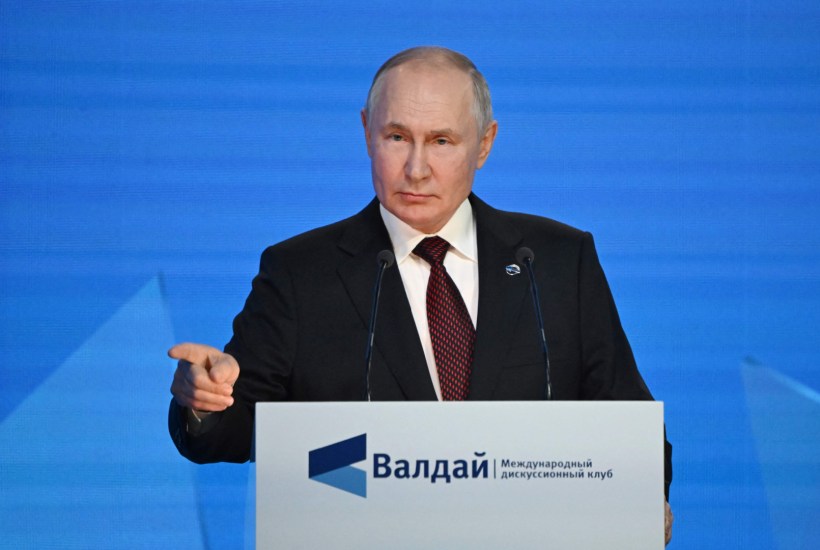
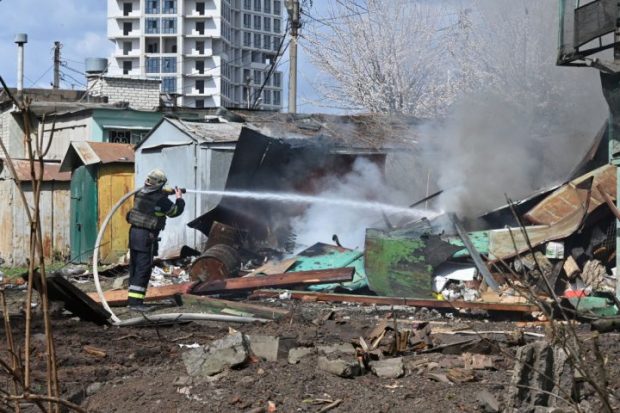
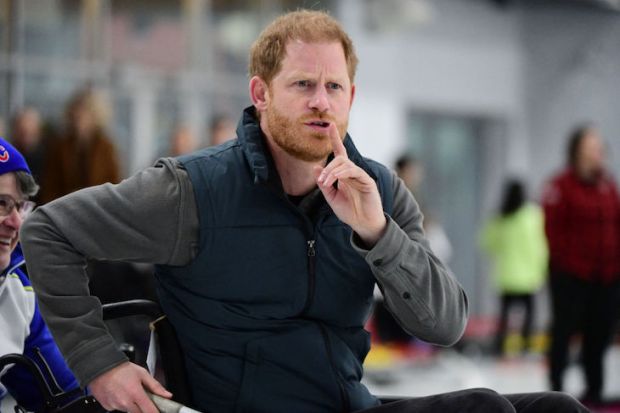
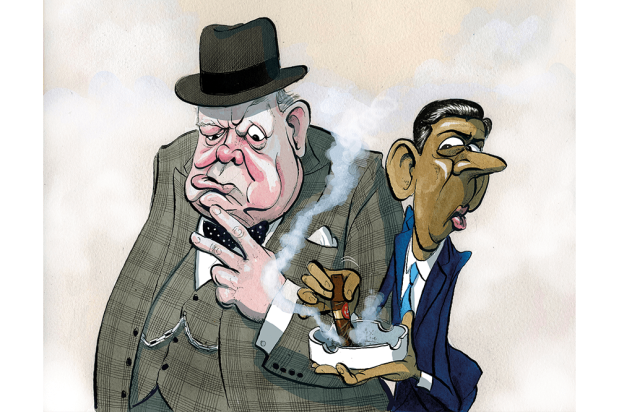
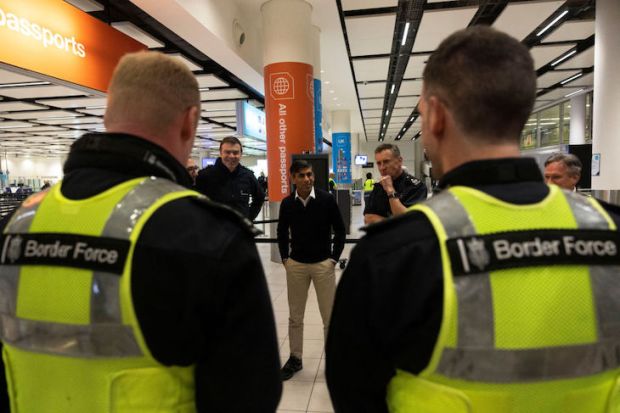
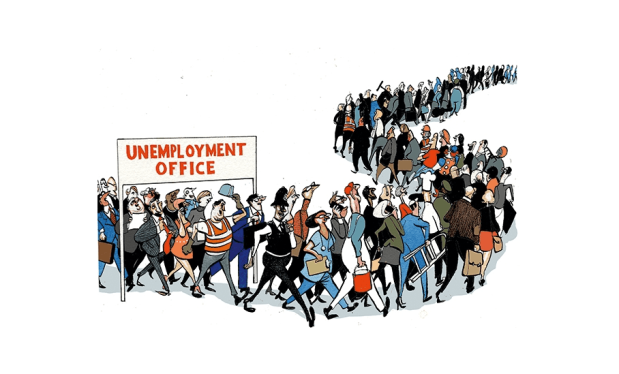
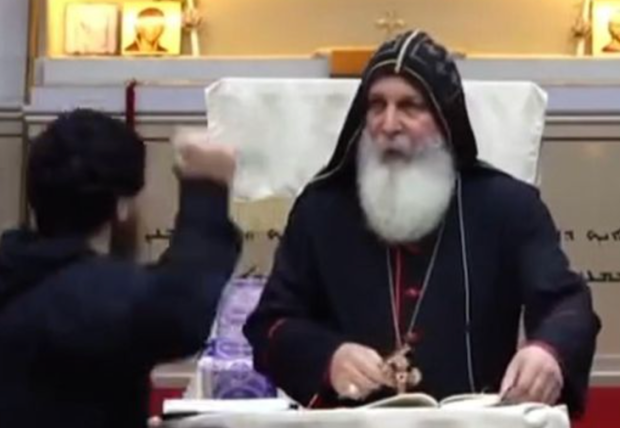












Comments
Don't miss out
Join the conversation with other Spectator Australia readers. Subscribe to leave a comment.
SUBSCRIBEAlready a subscriber? Log in